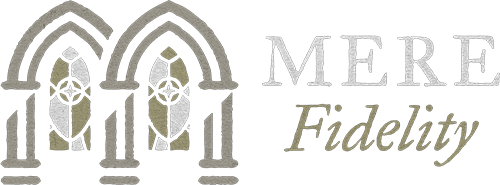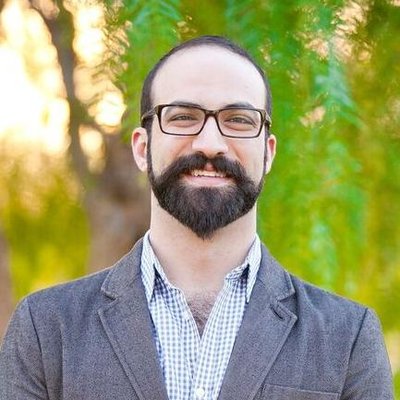What kind of political theology do we need in an age after Christendom?
Dr. David VanDrunen joins Matt and Derek to discuss his latest book, Politics After Christendom: Political Theology in a Fractured World, where he aims to answer this question in a way that prepares Christians to live in societies that are indifferent or hostile to the faith, and gives answers as to how our own political responsibilities might look as we live in the world as sojourners and exiles. Listen in to hear questions on the differences between the Adamic and Noahic covenants, if creation was itself an act of grace, and how Christians should speak out against the state, and more.
Resources mentioned:
Politics After Christendom: Political Theology in a Fractured World
The quote which Derek mentions from ch. 23 of the Westminster Confession of Faith at 31:02: “Yet as nursing fathers, it is the duty of civil magistrates to protect the church of our common Lord, without giving the preference to any denomination of Christians above the rest, in such a manner that all ecclesiastical persons whatever shall enjoy the full, free, and unquestioned liberty of discharging every part of their sacred functions, without violence or danger.”
Timestamps
Follow Derek, Andrew, and Alastair for more tweet-sized brilliance. Thanks to Caleb Wait for keeping us organized. Special thanks to Tim Motte for sound editing. And thanks to The Joy Eternal for lending us their music, which everybody should download out of gratitude for their kindness.



